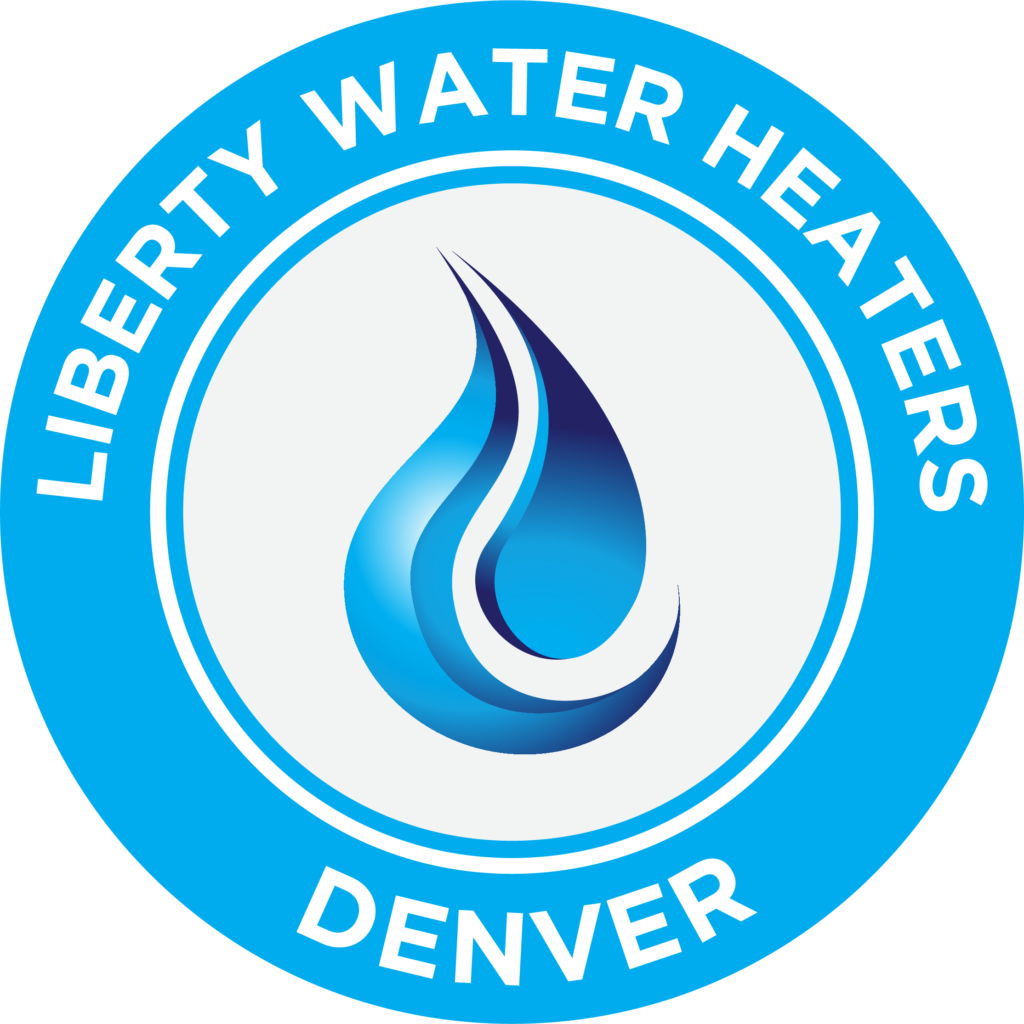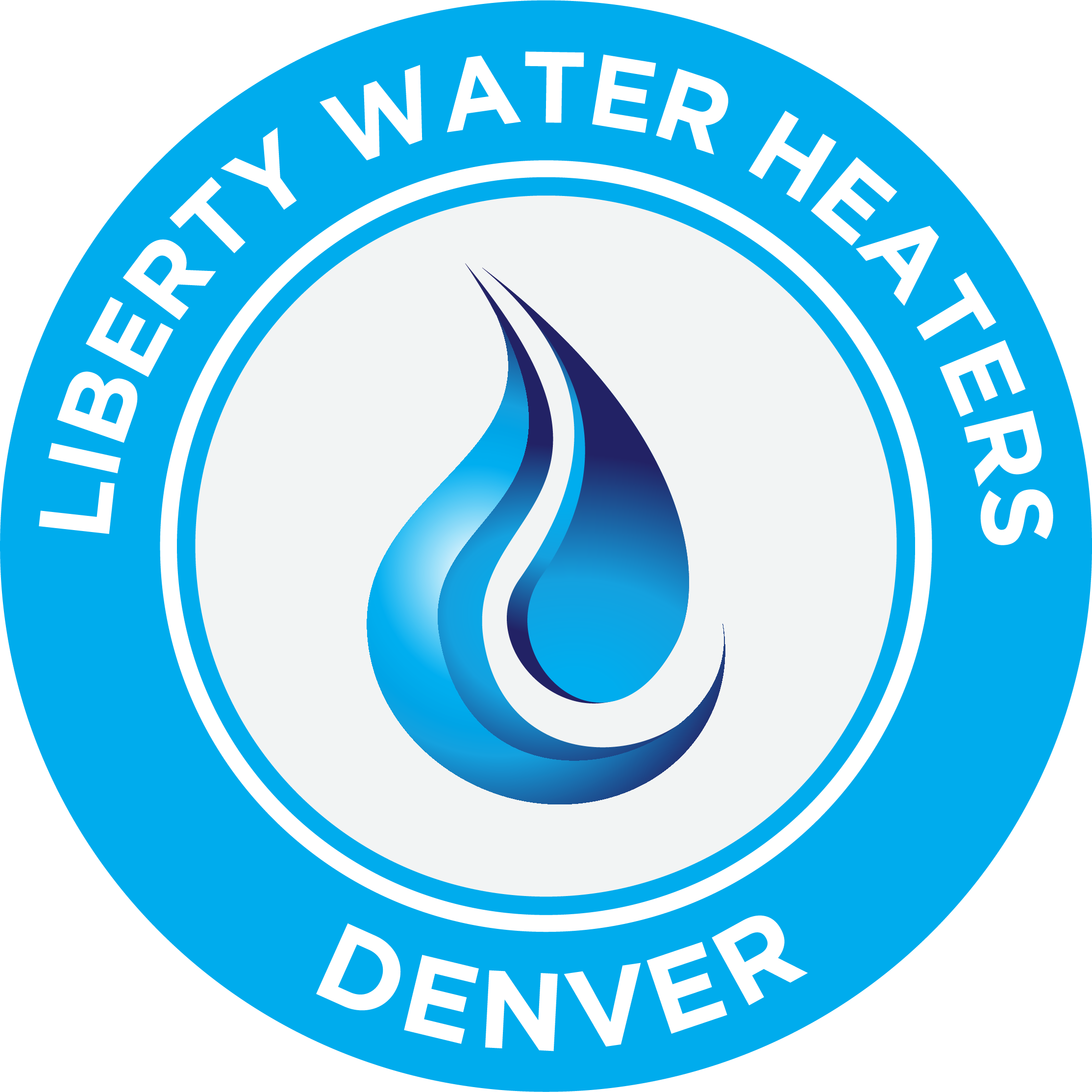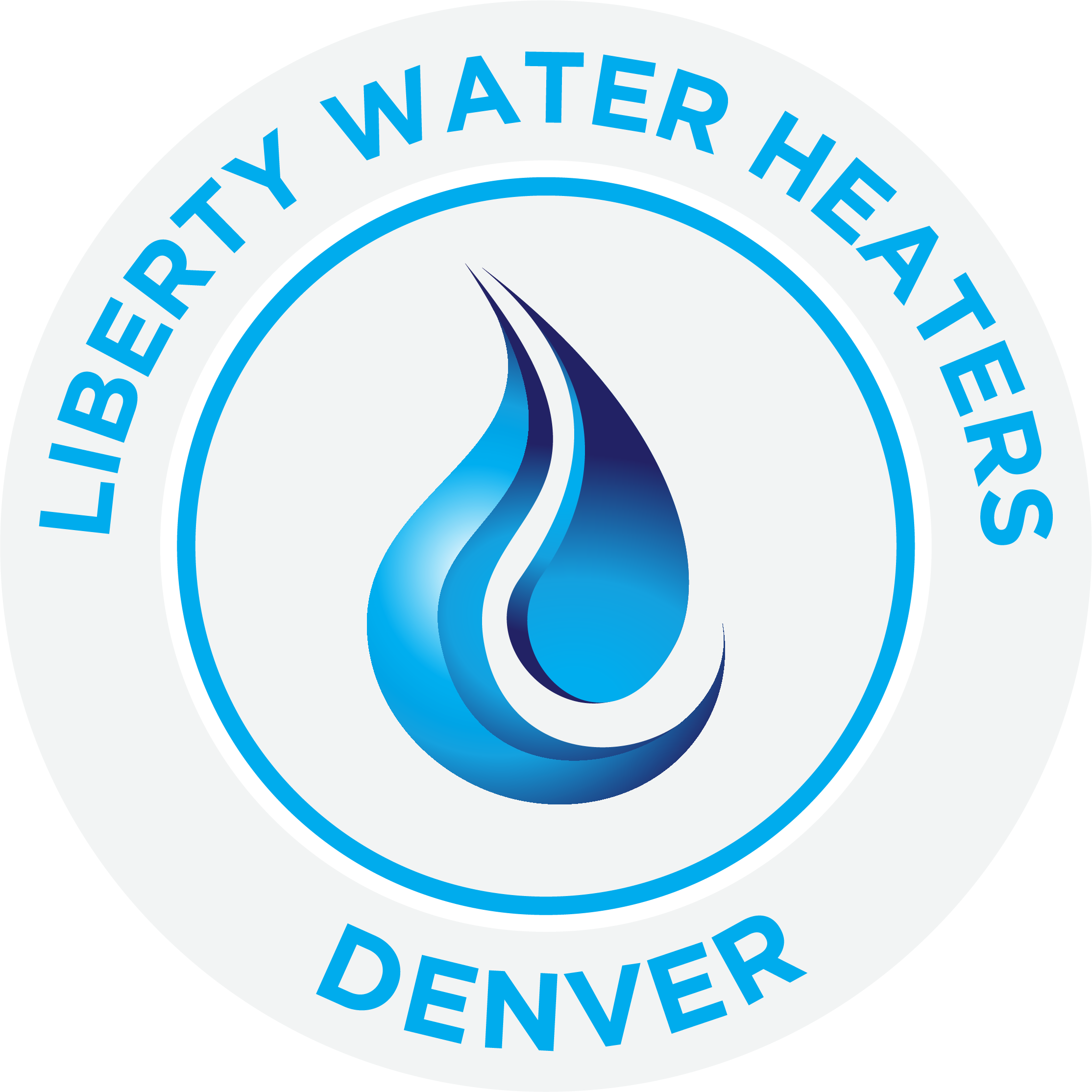Conventional Tank Water Heaters Denver
Conventional tank water heaters are also known as storage water heaters and can hold around 50 gallons of water, give or take. This is the most common type of water heater. They not only heat your water but also store a specific volume of water in an insulated tank to provide heated water quicker.

Request Your Estimate

Request Your Estimate

Request Your Estimate
Conventional Tank Water Heaters Denver
Conventional Tank Water Heaters Denver
Conventional tank water heaters are also known as storage water heaters and can hold around 50 gallons of water, give or take. This is the most common type of water heater. They not only heat your water but also store a specific volume of water in an insulated tank to provide heated water quicker.
Types of Traditional Water Heaters
Electric water heater tanks
Have heating elements powered by electricity to heat the water and they hold a reserve of water inside the tank. The tank is supplied with cold water through a dip tube, guiding it to the tank’s bottom for heating by the heating elements. As the water warms, it ascends to the tank’s upper section, with a thermostat overseeing the water temperature. Should the temperature fall below the designated point, the heating elements activate to reheat the water.


Electric water heater tanks
Have heating elements powered by electricity to heat the water and they hold a reserve of water inside the tank. The tank is supplied with cold water through a dip tube, guiding it to the tank’s bottom for heating by the heating elements. As the water warms, it ascends to the tank’s upper section, with a thermostat overseeing the water temperature. Should the temperature fall below the designated point, the heating elements activate to reheat the water.
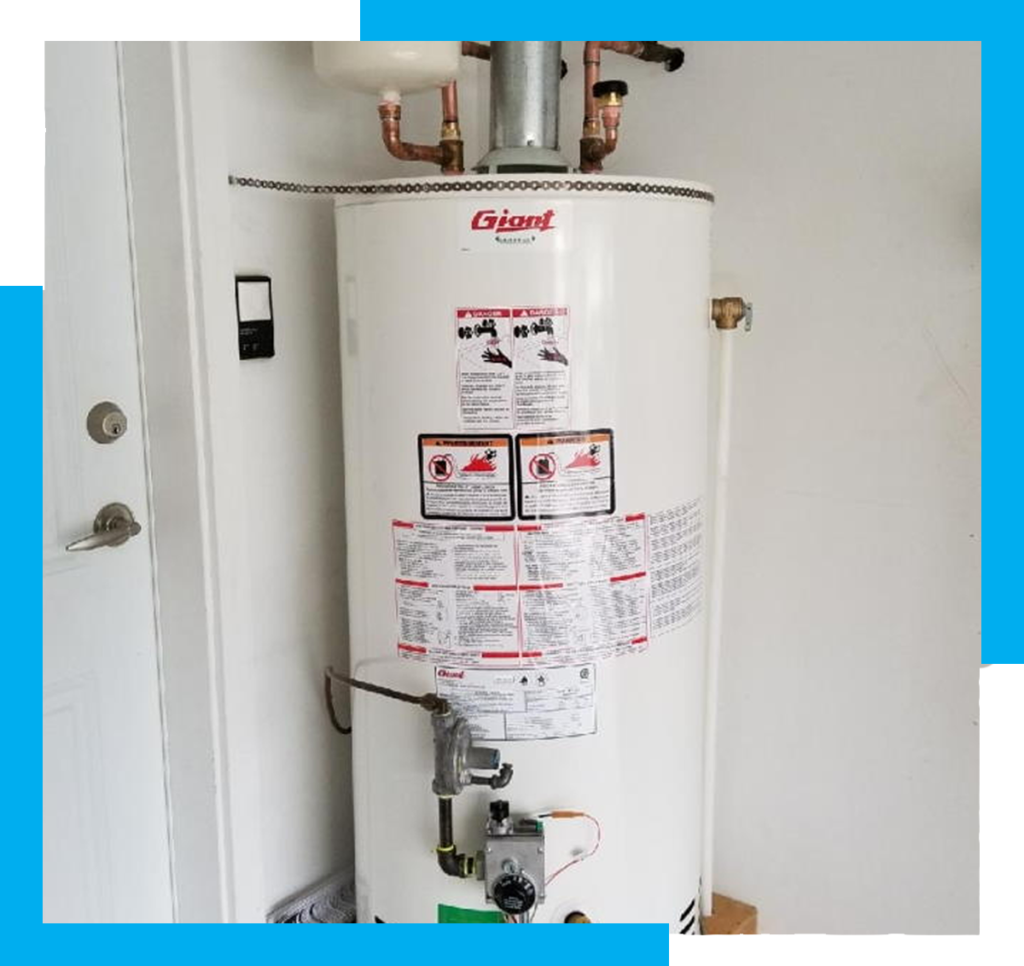
Gas water heater tanks
Generally prove to be more cost-effective in the long run just because gas is cheaper than electricity. However, these systems can be more expensive and laborious upon installation. Gas water heaters utilize a gas burner located at the bottom of the tank to heat the water, and the resultant combustion gases are vented to the outside of the home via a flue or chimney.
Oil-fired tank water heaters
A thermostat detects the drop in water temperature inside the tank and signals the gas valve to open, releasing gas to be ignited and heat the water. The heated water rises to the top of the tank and the thermostat monitors and controls the water temperature.


Oil-fired tank water heaters
A thermostat detects the drop in water temperature inside the tank and signals the gas valve to open, releasing gas to be ignited and heat the water. The heated water rises to the top of the tank and the thermostat monitors and controls the water temperature.
A traditional water heater stores water in an insulated tank for when it’s needed. The only difference is how the water heater heats the water that is stored in the tank. They can use various energy sources including electricity, gas, oil, or even solar energy to heat your water. Which water heater is best for you depends on such factors as availability, cost, and efficiency.



Cost of Conventional Tank Water Heaters
A new water heater tank can be priced anywhere from $800-$2,500 or more. The standard price for a conventional water heater is a little over a thousand dollars. A water heater for this price will usually cover all of the necessities of the homeowner.
Benefits of Traditional Water Heaters
A traditional tank water heater presents numerous advantages in comparison to alternative water heater types. To start, they offer an economical upfront investment, featuring lower purchase and installation expenses than tankless or heat pump water heaters. Their straightforward installation and replacement process make them a pragmatic choice for homeowners seeking a hassle-free solution
Furthermore, conventional tank water heaters deliver a steady and dependable supply of hot water. The tank stores and heats a predetermined volume of water, ensuring readily available hot water, even during peak usage periods. This makes them well-suited for larger households with elevated hot water requirements.
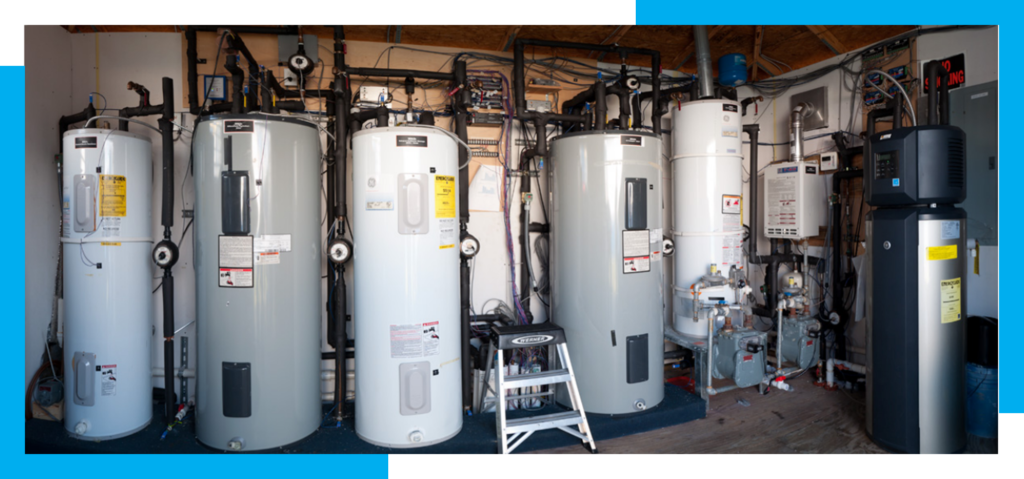
Maintenance is relatively uncomplicated, involving fewer components than tankless or heat pump systems. This simplicity often translates to low maintenance and an extended lifespan, typically enduring 10-15 years or more. This durability and cost-effectiveness make them an appealing choice for homeowners seeking a dependable and budget-friendly water heating solution.
